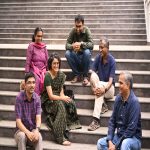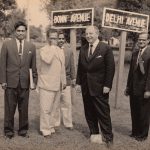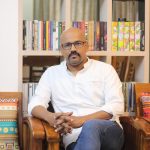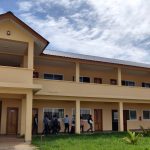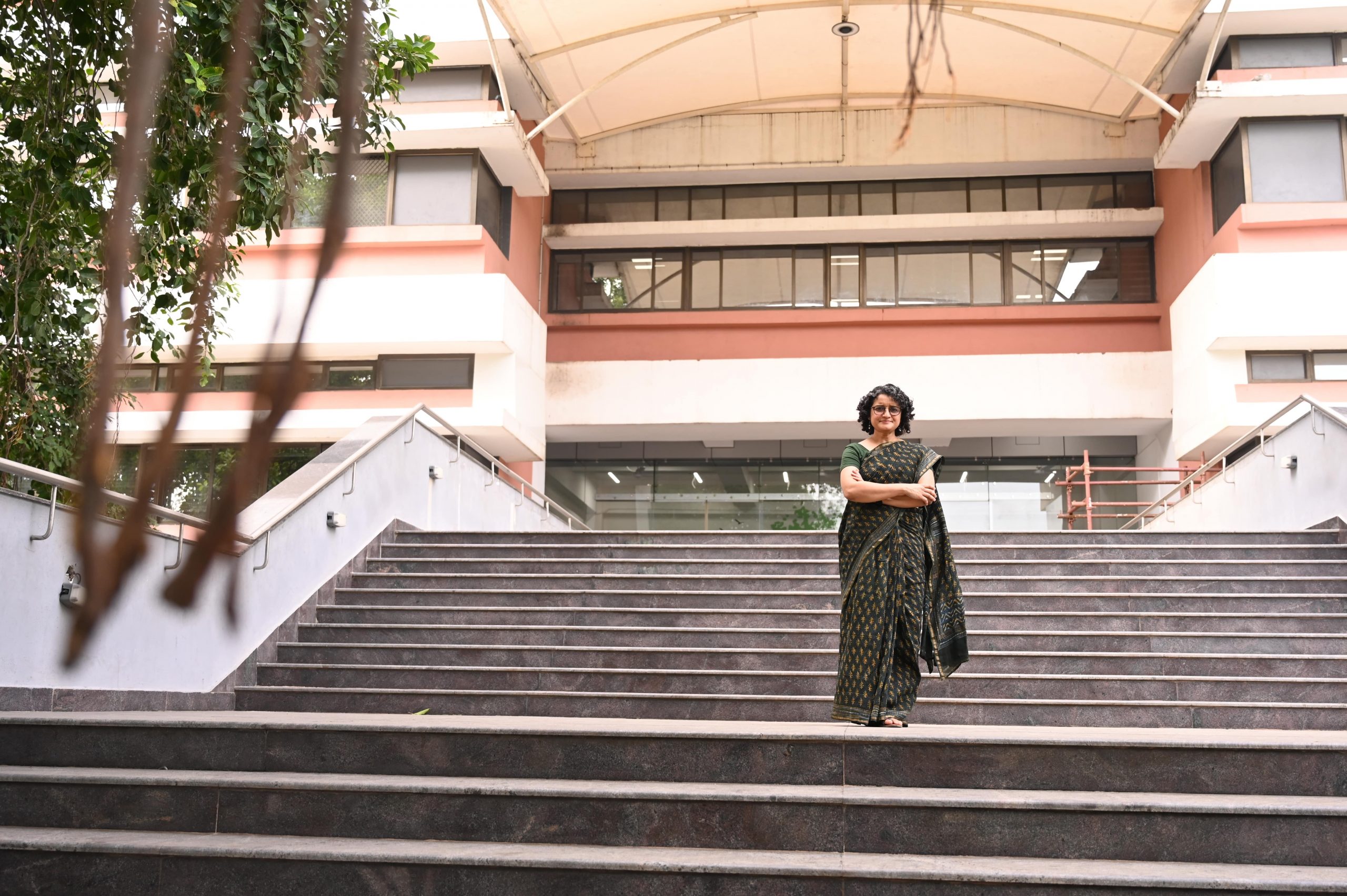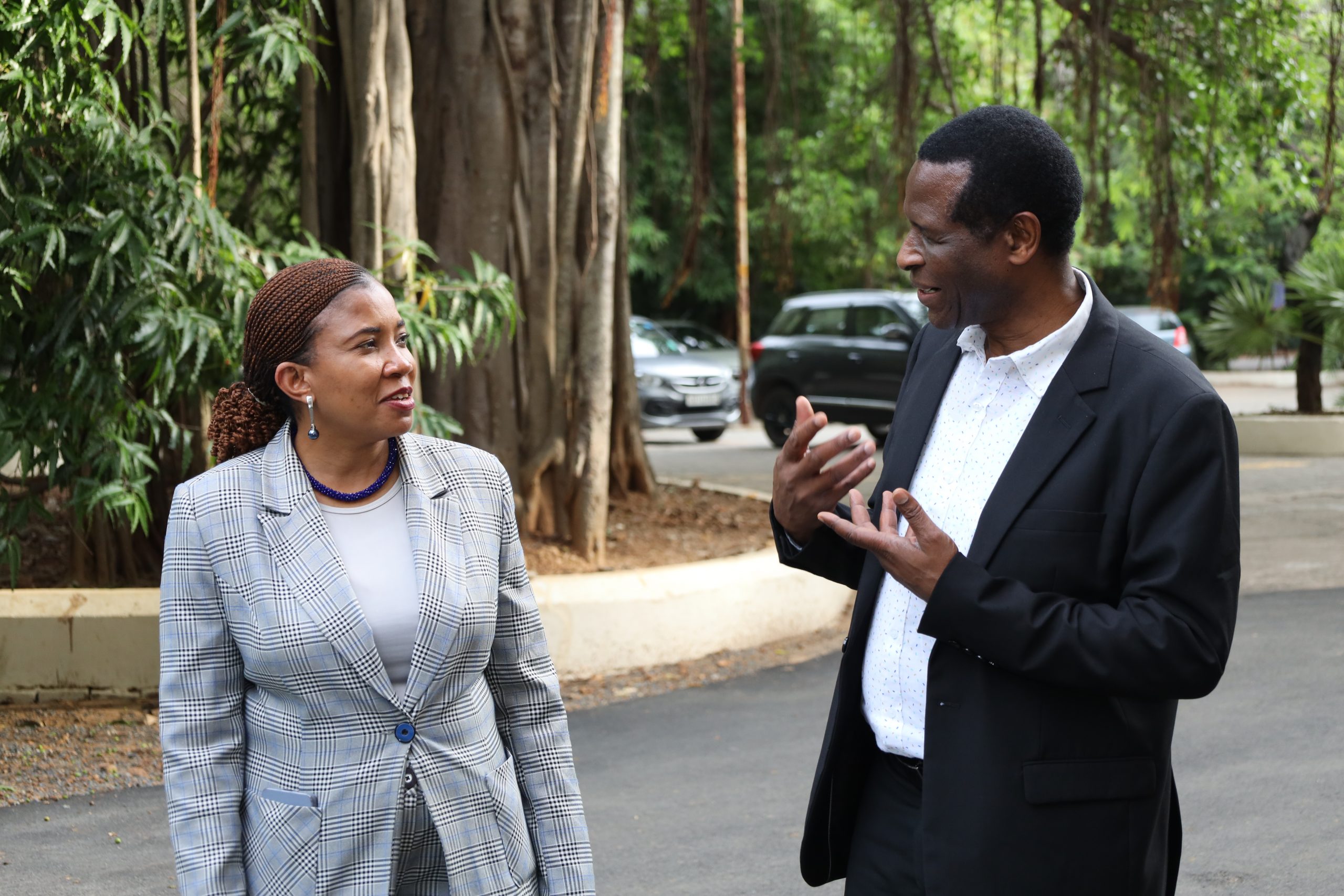The Chairman of the board of the Nobel Foundation and an esteemed figure in the field of cancer research, Dr Carl-Henrik Heldin discusses the nitty-gritties of the Prize, and what challenges lie ahead — both in science and society
Srivatsan S
A celebrated authority in molecular biology and cancer research, and one of Scandinavia’s distinguished scientists, Dr Carl-Henrik Heldin was appointed as Chairman of the board of the Nobel Foundation in 2013. This year marks a decade for Heldin as Chairman. Describing the journey as an “interesting learning expedition”, he is particularly impressed by the overall interest in the Nobel Prize, which, he says, has only increased over the years.
Heldin, however, clarifies that the board doesn’t involve itself in any way in the selection of Nobel laureates. That is still the task of the The Nobel Committee, which comprises four awarding institutions for a total of six prizes in each field: Chemistry, Physics, Economics, Physiology, Medicine, Literature and Peace. Heldin’s role as the Chair ensures that the reputation of the prize is maintained. “As well as monitoring funds. You need money to have the Nobel Prize,” he quips with a disarming smile.
Speaking on cancer research and the Nobel Foundation as part of IITM’s Eminent Speaker Lecture Series, Heldin was in Chennai in the month of February to deliver a series of lectures. We caught up with the Professor for a brief conversation, where he discusses the nitty-gritties of running an office as esteemed as the Nobel Foundation, and what challenges lie ahead in science, research and society. Excerpts:

Dr Heldin, what has changed in the last 10 years ever since you took over as the Chairman of the Nobel Foundation?
I have always been interested in who gets the Nobel Prize. We discussed that a lot amongst scientists; who were worthy candidates and whether the selection was good or not. So that has been part of my life, even all the way since I became a scientist. I don’t think that has changed much in the last 10 years. Of course, now the interest in the Nobel Prize is even higher.
Even for a layperson, the Nobel Prize has become synonymous with prestige and honour. Like you said, there is more interest in the Nobel Prize among researchers, academics and journalists as well. How do you maintain the core value of the Nobel Foundation and the reputation of the Prize?
Well, our task is among other things to guard the prestige of the Nobel Prize. There have been instances before — particularly with the Literature Prize — where there was a collapse more or less of the Swedish Academy [the awarding institution responsible for the Literature category] some three or four years ago. That hurt the reputation of the Nobel Prize. So we tried to help the academy to get in better shape again. I think we have done that. It is in much better shape.
Dr Heldin, you said that you strongly promote multidisciplinary research. At the Nobel Foundation, what are the different parameters you consider before sending out nominations?
Well, transdisciplinary research is very important. I think many of the big breakthroughs that have been made recently — and will be made in the future — will be in the borders of various disciplines. Those people who manage to crossover or take advantage of techniques in one area of research to solve questions on their own or vice versa, will have a better chance to win the prize, which is built on originality. I don’t think that [transdisciplinary research] is any criteria, though, for the Nobel Prize. It can be in any area.
You have been a staunch supporter of physical presence at universities. The last couple of years have been particularly hard on all of us thanks to COVID-19. What has been the impact of the pandemic on education?
It was
certainly
a
challenge.
In
Sweden,
schools
were
open for
kids but
others
had to
continue
distance
education
at
universities.
This
worked
well for
some
students
who had
the
discipline
to cope
with it
whereas
it was a
struggle
for
others.
We all
felt
that
this was
not the
way we
should
carry
out
teaching.
It was a
challenging
time
overall.
So we
are
happy
that
things
are back
to
normal.
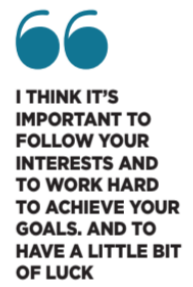
Funding for scientific research used to be a huge challenge at one point, especially in private universities. Today, there seems to be a lot more awareness on research projects and on the importance of backing these projects. Yet, if there is something lacking in the field of science, what is it?
I think it is true that the funding situation has improved. And I think in Sweden, where I come from, the government spends quite a lot of money on research. They cannot really complain about that. But the way money is spent can be discussed today. There has been an emphasis recently on applied research, which is important, but one should not forget basic research. Because without basic research, it will be difficult to conduct high quality applied research. There will be a shortage of new breakthroughs.
You have written several research papers on cancer and you have also been the Director of Ludwig Institute for Cancer Research (Uppsala branch). Given the increasing high costs of healthcare, how do you ensure that cancer treatment penetrates to the lowest in the economic pecking order?
This is a very relevant question since the cost of cancer treatment has escalated now because of the high costs for the inhibitors of various kinds, and even therapy that is being adopted. Hopefully, patent times will expire after 20 years and the competition between companies might make the prices go down. It is clearly a big concern because we want treatment to be equal to everyone and it is going to be a challenge for many countries.

You had said in an interview that, “It is a formidable challenge for us scientists to reach out to people and politicians, and to convince them that decisions that affect our lives and the future of the world must be based on facts and not on wishful thinking.” Has this changed at all?
(Laughs). I don’t know. Clearly nowadays we would like politicians to base their decisions more on facts. We can take climate change as an example. We know from science that the reason for climate change is us and our way of living, and we have to change that.
Politicians should listen to scientists and take necessary actions. They don’t because the action is not so nice and people will not like the sacrifices they will have to make. So that is clearly a problem now. Whether that has changed, who knows, it’s probably still the same.
As someone as distinguished as yourself who has decades-long experience in science and research, how would you define ‘progress’ in a society? As a scientist, what according to you is progress?
Good question. Progress in science and progress in society are two different things. I can assure you that we are making progress in science, although it might be slow and maybe slower than one would hope. But there is progress. When it comes to society it is much more tricky because we see a backlash in many countries.
When I
was
young, I
felt
that
every
year
things
improved
in the
world up
until
November
9, 2016,
when
[Donald]
Trump
was
elected
as the
President
of the
United
States.
It was a
game
changer
because
all of a
sudden,
it
became
possible
to
disregard
truth
and
claim
awkward
things.
It was
possible
to
disregard
science
and
behave
obnoxiously.
Many
other
leaders
from
other
parts of
the
world
saw what
Trump
was
doing
and
thought,
“Oh,
this is
possible.
Let me
also do
the
same.”
We have
a real
lack of
political
leadership
in many
important
countries
in the
world.
So
society
hasn’t
really
continued
to
develop
in the
way I
had
hoped.
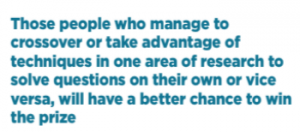
Would you include India among the countries you mentioned?
India is the world’s largest democracy and that is excellent. So far, India hasn’t really suffered the way other countries I mentioned have.
Dr Heldin, you will be turning 71 this year. You have published over 440 research papers and you have been cited some 70,000 times. Looking back at your largely prolific life, is there a sense of contentment?
Not really. First of all, I don’t think I should be too concerned about figures and numbers in this context. I am very satisfied that I chose to become a scientist and I enjoy every day. So in that sense, yes, I’m content… achievements are for others to judge. I have made some contribution to science and others have contributed a lot more. I enjoy being part of it.
